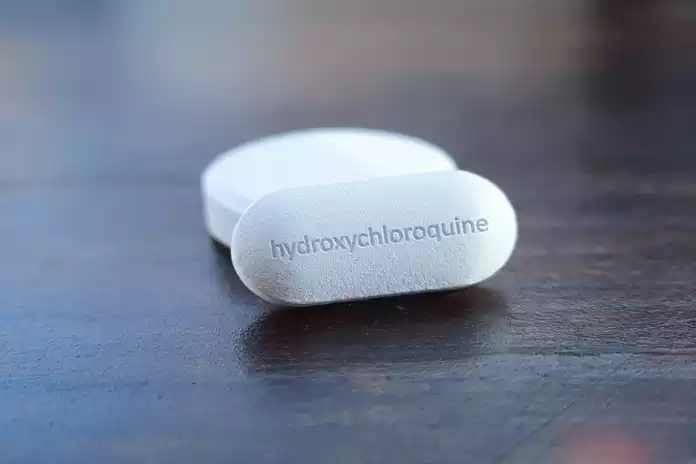Systemic Lupus Erythematosus (SLE) Treatment & Management

Although lupus has no cure, multiple treatment options can help manage symptoms and prevent complications. These include: (4)
- Nonsteroidal anti-inflammatory drugs (NSAIDs): These drugs, such as ibuprofen and naproxen, are used to relieve pain, fever, and inflammation.
- Antimalarial: Drugs such as hydroxychloroquine and chloroquine are commonly used to treat skin and joint symptoms of lupus. They may also help prevent disease flares and reduce the risk of organ damage.
- Corticosteroids: These drugs, such as prednisone, are powerful anti-inflammatory agents that can be used to quickly control symptoms during a lupus flare. However, long-term use can lead to side effects such as weight gain, diabetes, and osteoporosis.
- Immunosuppressant: Drugs such as azathioprine, mycophenolate mofetil, and cyclophosphamide are used to suppress the immune system and reduce inflammation in people with severe lupus symptoms. They may also help prevent organ damage.
- Biologics: These drugs, such as belimumab, rituximab, and tocilizumab, target specific immune cells or molecules involved in the development of lupus. They are often used in people who have not responded to other treatments.
- Lifestyle changes: People with lupus can benefit from adopting a healthy lifestyle – including stress management, regular exercise, a balanced diet, and avoiding triggers such as excessive sun exposure.
Work closely with your dermatologist to develop a personalized treatment plan for lupus, as the optimal treatment approach may vary depending on the individual’s symptoms, disease severity, and overall health. Regular monitoring and adjustments to the treatment plan may also be necessary to ensure the best possible outcomes.

